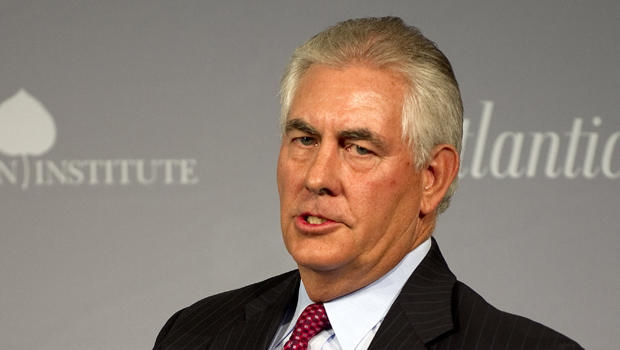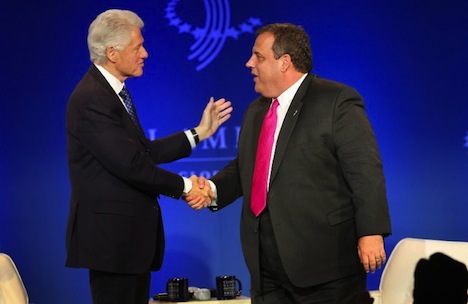


Regardless of whether U.S. president Barack Obama or former Massachusetts governor Mitt Romney wins next Tuesday’s presidential election, the United States — and the world — will nonetheless be preparing for new leadership at Foggy Bottom. 
Although Suffragio focuses on the politics of countries outside the United States, the U.S. secretary of state is the chief U.S. diplomat and historically — from George Marshall to Dean Acheson to Henry Kissinger to Madeleine Albright to Condoleezza Rice — the secretary of state has played a major role in setting U.S. foreign policy. As such, the decision will have an immeasurable effect on U.S. foreign policy and, accordingly, world politics.
Obama’s current secretary of state, former New York senator Hillary Clinton, a former presidential candidate and wife of former U.S. president Bill Clinton, has said she will step down after four years, even if Obama wins reelection (perhaps in advance of another presidential campaign in 2016), though there’s an unlikely chance she’ll remain at State for a few months longer due to the recent attack on the U.S. consulate in Benghazi.
In those four years, the United States withdrew troops from Iraq, set a timetable for withdrawing troops from Afghanistan, has engaged an ever-more-powerful China, and adjusted to rapidly changing conditions in the Middle East after the ‘Arab Spring’ tumult, including assisting in the overthrow of Muammar Gaddafi in Libya.
U.S. senator John Kerry (pictured above, middle) and the U.S. ambassador to the United Nations Susan Rice (pictured above, top) are routinely thought to be the top two choices in a second Obama term. Former World Bank president Robert Zoellick (pictured above, bottom) is likewise the favorite in a Romney administration. In some ways, Romney will have a broader choice — whether to signal in his secretary of state a more establishment, realist, moderate Republican foreign policy or a more hawkish neoconservative foreign policy.
So who’s likely to get the job under either Obama or Romney? And more importantly, how would each potential candidate guide foreign policy?
Continue reading Handicapping the race to become the next top diplomat of the United States →

![]()



